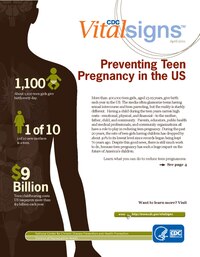
Photo from wikipedia
Abstract The study examined the differences of social problem-solving (SPS) among 12-, 14- and 16-year-old Hungarian disadvantaged and non-disadvantaged adolescents (N = 382) and investigated the relationship between SPS and… Click to show full abstract
Abstract The study examined the differences of social problem-solving (SPS) among 12-, 14- and 16-year-old Hungarian disadvantaged and non-disadvantaged adolescents (N = 382) and investigated the relationship between SPS and family background (FB). SPS was measured through students’ own and their teachers’ evaluations by an adapted questionnaire (Social Problem-Solving Inventory–Revised, factors: negative/positive problem orientation, rationality, impulsivity and avoidance). Based on the total values of SPS, the difference between disadvantaged and non-disadvantaged adolescents was significant in all age groups in the case of negative orientation. The difference was significant in the case of impulsivity at the age of 12; in the case of avoidance at the age of 14; in the case of rationality and avoidance at the age of 16. FB had the strongest link with negative orientation, impulsivity and avoidance. In case of impulsivity and avoidance, variance explained by FB was higher among 16-year olds than among 12- and 14-year olds.
Journal Title: European Journal of Special Needs Education
Year Published: 2018
Link to full text (if available)
Share on Social Media: Sign Up to like & get
recommendations!